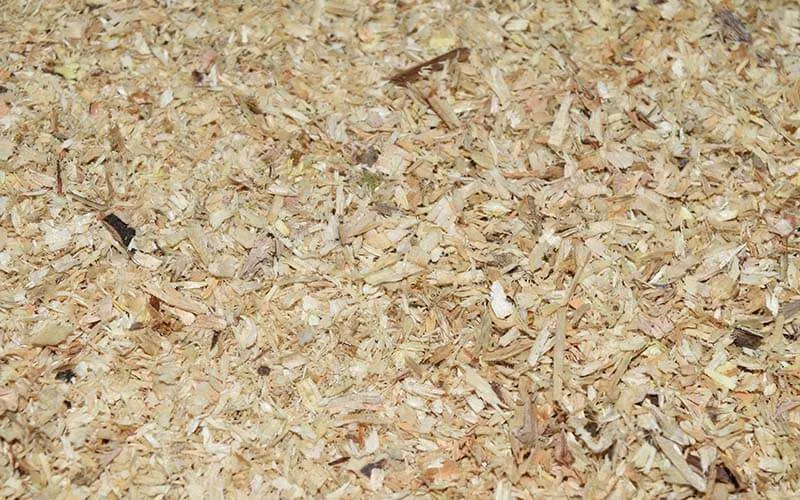What does psyllium husk do? Did you know that most people don’t get enough fibre from their diet? And did you know that most diseases and illnesses come from poor bowel management and digestive-related issues?
That’s why making sure you get sufficient fibre in your daily diet is critical for good health, and psyllium husk can be just the fibre you need!
But what exactly is it? Psyllium husks are plant seeds that are used as laxatives which can relieve constipation and irritable bowel syndrome by making people feel fuller, more comfortable and better able to have bowel movements. It’s an easy-to-use natural remedy for constipation, because it swells up and creates a bulky stool that is easier to pass. The right dosage will depend on a person’s weight.
Psyllium husk also controls blood sugar levels and aids digestion, which can help prevent type II diabetes and other metabolic disorders, and has the ability to lower the risk of heart disease. Additionally, it can help to maintain healthy cholesterol and blood sugar levels.
It is recommended that the average person should not exceed 18 grams per day, as psyllium could lead to diarrhea, gas and bloating if ingested in excess.
Psyllium husk is an excellent source of soluble fibre and is a surprisingly delicious ingredient. It’s quick and easy to have a psyllium husk-enhanced dish or snack. For example, you can mix the powder into a fruit or yoghurt smoothie for instant fibre, or into a cup of warm water for a refreshing morning drink. It can also be found in many different foods like breads, cereals and baked goods.
Your doctor may suggest that you add psyllium husk to your diet to help soften your stool and reduce the pain associated with haemorrhoids, so it might be worth a try.
Clinical studies and scientific reports suggest that psyllium husk may help keep you feeling fuller and reduce your appetite, leading to weight loss.
It also has the additional benefits of being made from a hypoallergenic plant and is widely available across many grocery stores.





